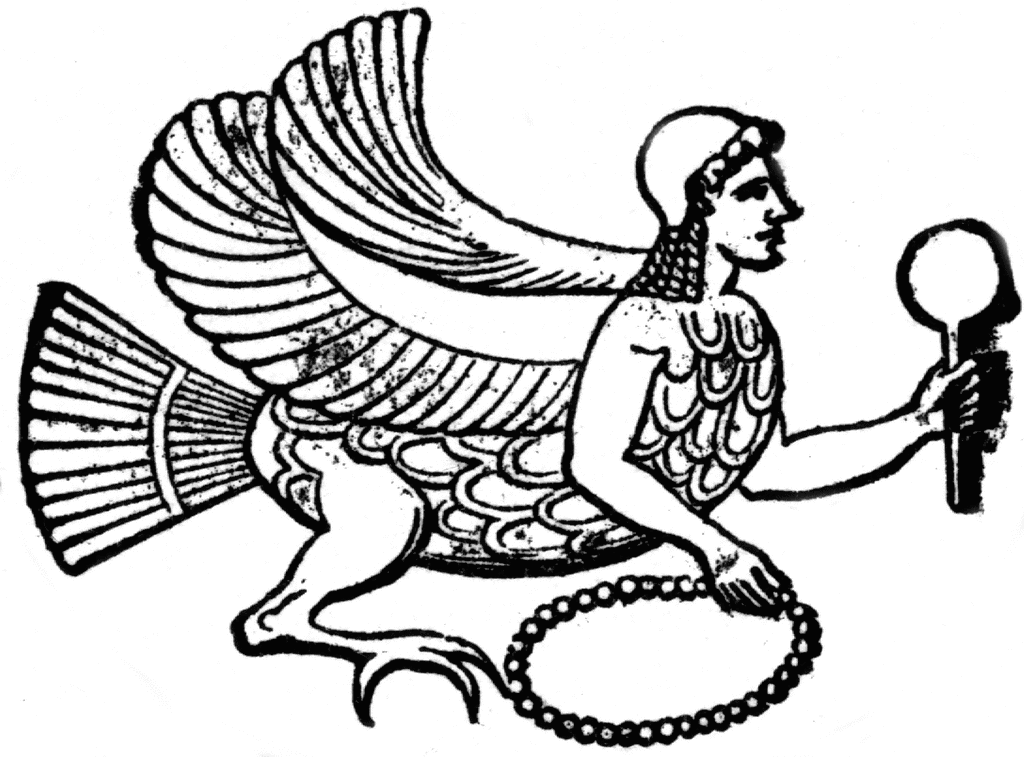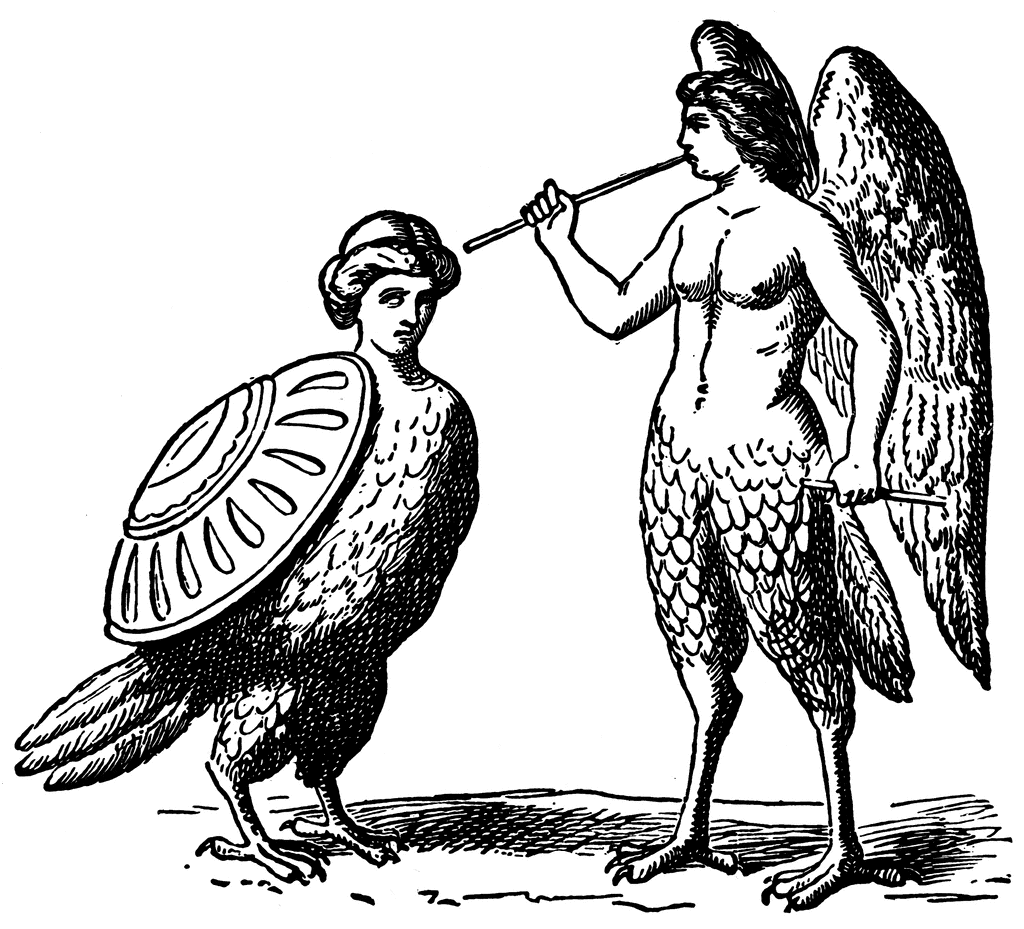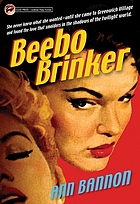Same Difference: How Gender Myths Are Hurting Our Relationships, Our Children, and Our Jobs, by Rosalind Barnett and Caryl Rivers (New York: Basic Books, 2004) is the latest in a series of books I've read in the past year on the science of quantifying and categorizing sex and gender difference. (For links to the other titles, see the end of the post). Written earlier than most of the others I've reviewed so far,
Same Difference was also the least satisfying of all the books to date. While some of that may have to do with "subject fatigue" (that is, they're going over ground that is now very familiar to me), I also felt that in their attempt to make a persuasive and readable argument concerning the mis-use of science to support the theory of innate sex and gender difference, they missed some key nuances and distinctions between what certain researchers
claim and what the public
hears.
For example, they open with a chapter on the work of
Carol Gilligan, an extremely well-known and prolific research psychologist who, in the 1970s, was a pioneer in the field of women's psychology. As a bit of historical background, it's important to know that Gilligan began her academic career at a time when the majority of studies involving humans took men and male bodies as the starting point -- the norm. Then, when female bodies failed to conform to predictions (made based on a pool of male research subjects), women would be classified as abnormal. It was also a period during which the influence of American Freudian psychology was only just starting to be challenged by alternative ways of understanding human behavior. Gilligan, in a break from the faculy supervisors with whom she worked as a graduate student, insisted that in order to make claims about women's behavior and psychological health, actual
women would need to be studied. Which is what she went on to do. She also argued that those aspects of humanity traditionally thought of as "feminine" (and often pathologized or otherwise denigrated) actually played an important role in society. Caring and empathy, for example, should not be seen as a sign of weakness -- but a quality of human interaction that is as important as making rational judgments or prioritizing actions. To us this sounds simplistic, but at the time Gilligan offered a psychological framework encouraged people to value behaviors that are disproportionately found among women, or associated with women.
Now, I should make it clear that I have only ever read excerpts of Gilligan's most influential work,
In a Different Voice (1982). But I have read her more recent
The Birth of Pleasure (2002), and I have certainly read
about her research. The distinction Barnett and Rivers fail to make in their assessment of Gilligan is between observations concerning human
behavior or socialization and conclusions drawn from that behavior concerning innate preferences or abilities. In
The Birth of Pleasure, Gilligan makes value judgments about certain types of behavior, and suggests that women have learned to be better care-takers then men (on average). However, the whole point of the book -- as I remember it -- is to encourage men to value
and learn from women these care-taking, empathic skills. Gilligan is therefore making an argument about socialization (nuture) rather than innate "hard-wiring" (nature). Yes Barnett and Rivers fail to distinguish the popularization of Gilligans work (which used it to support "hard-wiring" arguments) from Gilligan's actual thesis.
Similarly, in the chapter on Mary Pipher's
Reviving Ophelia (1994), the authors blur the boundaries between Pipher's own arguments and the public reaction to the book. Barnett and Rivers suggest that the evidence does not bear out Pipher's "anecdotal" assessment of adolescent girls' crisis in self-confidence. Now, I read the book when it first came out, as an adolescent girl myself - as well as two counter-publications,
Ophelia Speaks and
Sense of Self, both of which were "holla-back" type responses to Pipher's characterization of young women under seige from a toxic, misogynist culture. (She doesn't explicitly use feminist language in
Reviving Ophelia, but her assessment of American culture is an essentially feminist one; I count
RO as one of the texts that introduced me to feminist cultural analysis.)
So as a reader who at the time was a member of the very group Pipher was supposedly describing, I think Barnett and Rivers are ignoring or down-playing the key aspect of Pipher's argument: i.e. that it was the toxic
culture not the girls' sex or gender identity that precipitated the crisis. Whereas previous theories about teenage girls' psycho-sexual development (Freud anyone?) might have characterized adolescent girls as problematic or vulnerable because of their inherent nature
qua female, Pipher was saying: "Look at the toxic cultural messages these young women are getting about what it means to be female!"
I should be clear here that I certainly didn't see myself in the "Ophelias" Pipher described -- though I knew plenty of friends who were struggling with issues similar to Pipher's troubled patients. And I identified with certain aspects of the young women whom she idenfied as having successfully distanced themselves from many of those toxic messages, and had found a way to thrive. Once again, Barnett and Rivers are confusing the cultural reception of an author's work -- which really did verge on the hysterical and essentialist ("omg girls can't handle the realities of the adult world! they must be sheltered!") -- from what the author is actually arguing. And what she argued was much less essentialist than it was a critique of misogyny in our culture, which (for obvious reasons) often comes down like a shit-ton of bricks on the backs of young women when they hit puberty and start moving through the world as more obviously female-bodied persons.
In addition to this skewed glossing-to-make-a-point reading of authors I am familiar with, it was frustrating to have sex and gender difference discussed so consistently in heteronormative terms. Assumptions of sex difference permeate our beliefs about sexual orientation and gender identity. It is beliefs about the innate and oppositional differences between "men" and "women" that feed the resistence to accepting trans* peoples' self-definitions. Our cultural stereotypes of lesbian women as inherently more masculine and gay men as inherently more feminine derive from assumptions about how straight men and women behave (and the belief that if you're attracted to men, for example, you
must therefore resemble the profile of the prototype group that is attracted to men: straight women). Barnett and Rivers fail to address these issues entirely.
Which isn't to say I did not enjoy the roasting
Same Difference gave to many authors whose work is patently essentialist at its very core: John Gray (
Men are From Mars, Women Are From Venus), for example, and Deborah Tannen (
You Just Don't Understand), both of whom take the idea of "difference" to such an extreme that they assume men and women cannot and never will be able to successfully communicate and have meaningful relationships. And people such as Lionel Tiger and David Blankenhorn who believe that the blending of gender roles (fathers taking a more active role in parenting their children, for example) will damage men and ultimately be the downfall of civilization.
I also appreciated the fact that each chapter wraps up by talking in concrete terms about how these ideas about difference are influencing the way Americans live their lives, and often causing us real material harm. Often, analysis of scholarship can come across as squabbles between academics. By contrast, Barnett and Rivers take pains to point out that
ideas have real-life consequences. For example, if a woman believes that she -- and only she -- is qualified to care for the children she gives birth to, it may cause her to give up a successfull and enjoyable career over the protests of her husband (who is willing to be the primary stay-at-home parent), making them both miserable and causing financial and emotional strain for the entire family. Powerful ideas -- especially when they're supposedly backed up by the cultural authority of "science" -- can constrain peoples' willingness to experiment with non-normative family arrangements that may suit individual couples better than a cookie-cutter approach.
The verdict? Worth skimming if this is an area of interest to you, but for an in-depth analysis of the actual research involved (and why it's shite), I'd recommend any of the other books I've read so far. You can find all the links in my post about Cordelia Fine's
Delusions of Gender.














